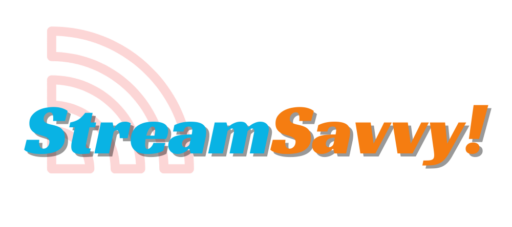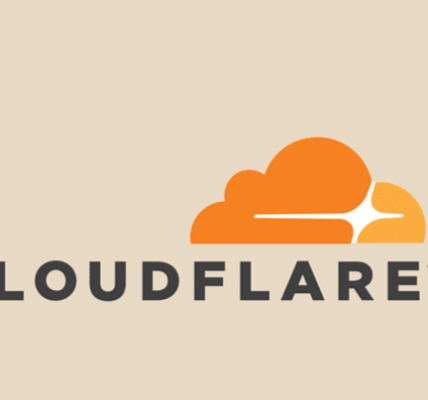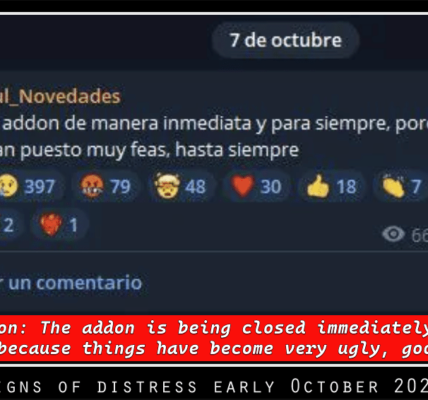In a proactive move to address copyright infringement, German Internet service providers have expanded their blocklist to include the renowned shadow library, Sci-Hub, marking the first publisher-related target to be added. This development follows a thorough review by the responsible “clearing body,” which deemed a country-wide blockade of Sci-Hub to be a reasonable and proportionate measure in alignment with a voluntary agreement with copyright holders.
The inclusion of Sci-Hub in the blocklist underscores the gravity of the issue of online piracy and the commitment of Internet service providers to combat it effectively. By blocking access to Sci-Hub, ISPs aim to restrict users from accessing copyrighted materials unlawfully, thereby upholding the integrity of intellectual property rights and fostering a fair and lawful digital environment.

This strategic move reflects a concerted effort among stakeholders to uphold copyright protection while balancing the interests of content creators and Internet users. As the landscape of online piracy continues to evolve, such measures are essential to safeguard the rights of copyright holders and promote ethical and legal practices in the digital realm.
Sci-Hub, the brainchild of Kazakhstani computer programmer Alexandra Elbakyan, has left an indelible mark on the annals of Internet history. Offering unfettered access to millions of academic publications, the platform serves as a lifeline for countless students and researchers worldwide, especially those from underprivileged backgrounds.
While Sci-Hub democratizes access to scholarly knowledge, it poses a formidable challenge to major publishers reliant on paywalls to monetize research funded by public resources. Despite facing multi-million dollar judgments in U.S. federal courts, Sci-Hub remains resilient, prompting rightsholders to explore alternative avenues for curbing its operations.
In a bid to stem the tide of copyright infringement, several countries, including Russia, France, Denmark, Austria, the UK, and most recently, The Netherlands, have resorted to site-blocking measures targeting Sci-Hub. However, the U.S. has yet to follow suit due to legal constraints, although the U.S. Trade Representative has labeled Sci-Hub a “notorious market.”
The latest blow to Sci-Hub comes from Germany, where ISPs have agreed to block access to the site under a voluntary agreement between rightsholders and the “Clearing Body for Copyright on the Internet” (CUII). Despite lacking judicial oversight, CUII conducts a thorough review process to assess the merits of blocking requests. The recent order, requested by a member of the International Association of Scientific, Technical & Medical Publishers (STM), cites Sci-Hub as a “structural copyright infringing website” warranting blocking measures.
Before resorting to site-blocking, rightsholders exhaust other avenues to shut down Sci-Hub, including hiring private investigators to contact the site and track intermediaries like domain registrars. However, these efforts yield limited success, underscoring the persistent challenge posed by Sci-Hub to traditional publishing models.

Furthermore, the publisher conducted an investigation into a random sample of content available on Sci-Hub, determining that between 92.15% and 95.56% of it constitutes copyright infringement. This compelling evidence solidifies Sci-Hub’s classification as a structurally infringing website, warranting its blockade.
While the final order from CUII explicitly names the sci-hub.st domain, redacted documents hint at the inclusion of four additional domains slated for blocking by German Internet service providers.

The German news outlet Tarnkappe, which reported on the recent order, has informed TorrentFreak that, in addition to sci-hub.st, sci-hub.ru, and sci-hub.se are also blocked by T-online. This blockade likely extends to other ISPs as well.
While this new blockade may pose challenges for German users attempting to access Sci-Hub, determined individuals seeking to bypass paywalls often find alternative methods. Currently, the shadow library predominantly receives its traffic from China, India, and the United States, where the site has not yet been blocked.






